Crime is a concern for many communities across the globe. Recognizing the early signs that your neighborhood may be at risk can help you take proactive steps to safeguard your surroundings. These 11 indicators that could suggest an increase in local crime rates and provide practical advice on how to respond effectively.
1. Sudden Increase in Graffiti

Graffiti, particularly when it appears suddenly in large volumes, can be an early warning sign of neglect or gang activity in an area. While some street art can be positive, graffiti used to mark territories or that includes threatening messages can indicate underlying issues.
Action: Report new graffiti to local authorities or your neighborhood association. Some communities organize cleanup days to remove graffiti, which not only improves aesthetics but also strengthens community ties.
2. Frequent Police Visits

If you notice an uptick in police presence or frequent visits to specific addresses, this might be a sign of brewing trouble. Frequent police visits usually mean that incidents are being reported more often, which could suggest rising criminal activity.
Action: Stay informed by attending local neighborhood watch meetings or community policing sessions. These forums often provide insights into what is happening locally and how it can be addressed.
3. High Turnover of Residents
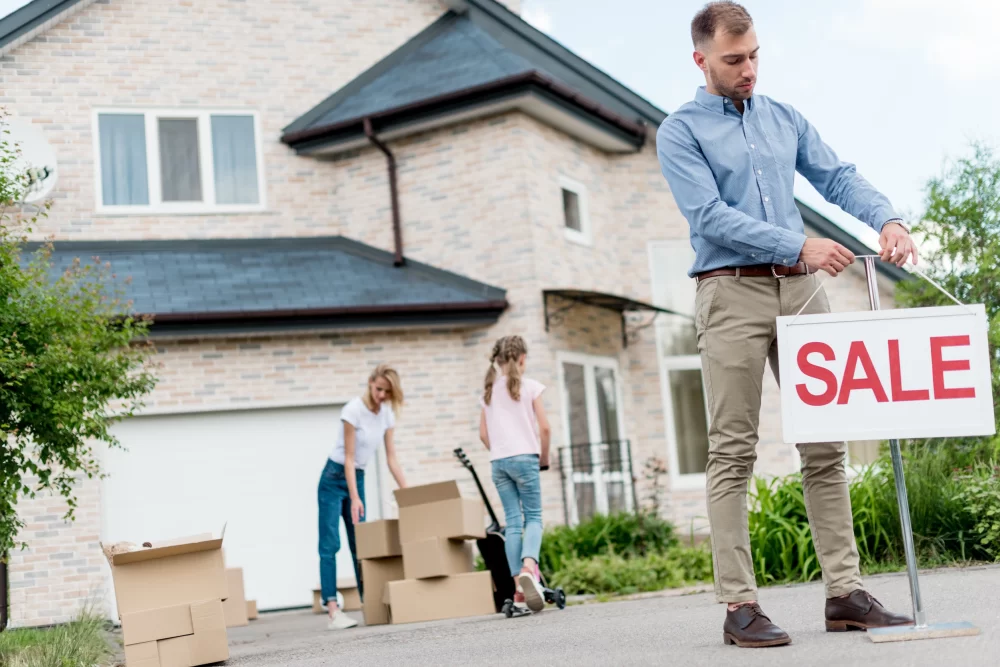
A high rate of people moving in and out of your neighborhood can be indicative of instability, which can make the area more attractive to criminal elements. Stable communities tend to have lower crime rates because residents look out for each other and are more likely to report suspicious activity.
Action: Welcome new neighbors and engage them in local community activities. Building strong relationships can lead to a more cohesive community and a better watch system.
4. Overgrown Lots and Poor Lighting

Neglected properties and poor street lighting are invitations for criminal activities. Overgrown lots can hide illegal activities, and dimly lit streets can make it easier for criminals to operate undetected.
Action: Work with local community services to address these issues. Petition for better lighting and regular maintenance of public spaces to deter criminal activities.
5. Increase in Petty Crimes
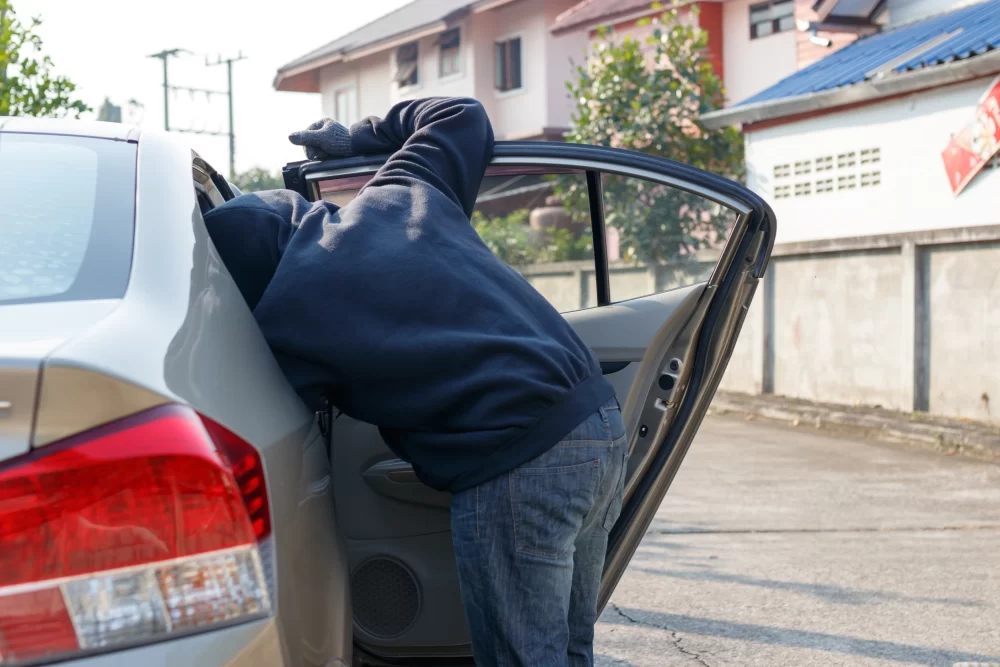
A rise in petty crimes like vandalism, shoplifting, and vehicle break-ins can often precede more serious crimes. These minor offenses can suggest a lowering of community standards and a testing of boundaries.
Action: Report all incidents, no matter how small, to the police. Increased reporting can lead to increased patrols and a greater law enforcement presence.
6. Unsecured Trash and Recycling Bins
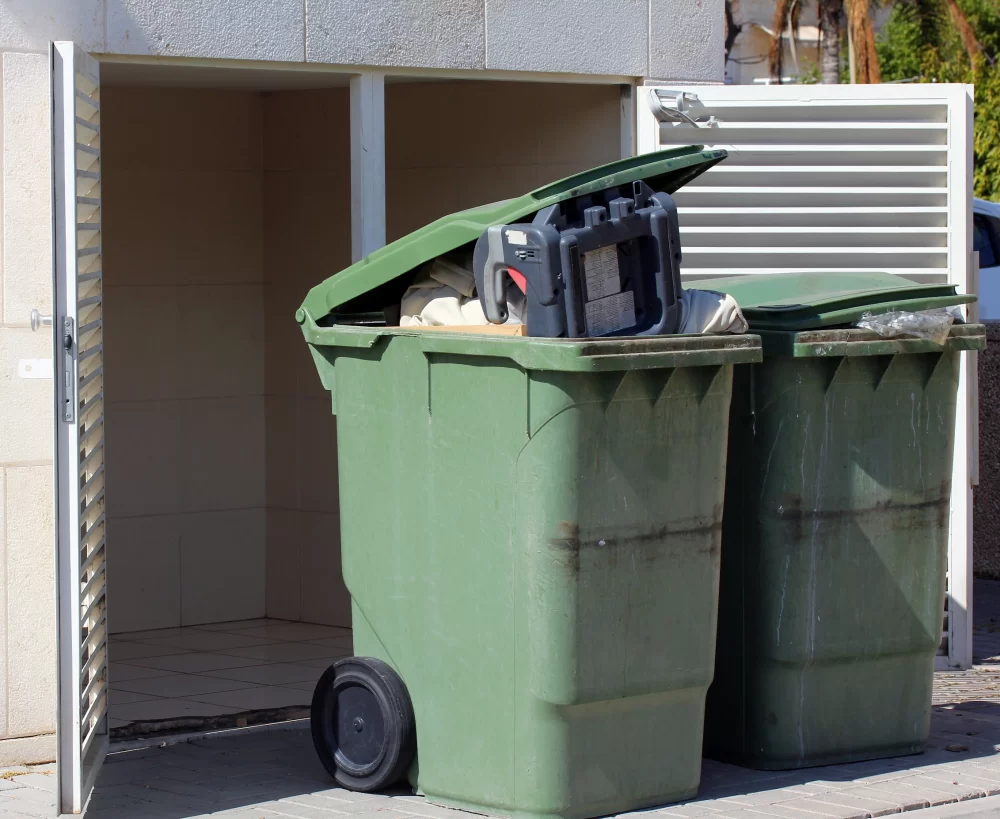
Unsecured bins can attract thieves looking for personal information or valuables. Additionally, they can be a sign of general carelessness that criminals might exploit.
Action: Secure your trash and recycling bins, especially those that might contain personal information. Encourage neighbors to do the same.
7. Strangers Loitering
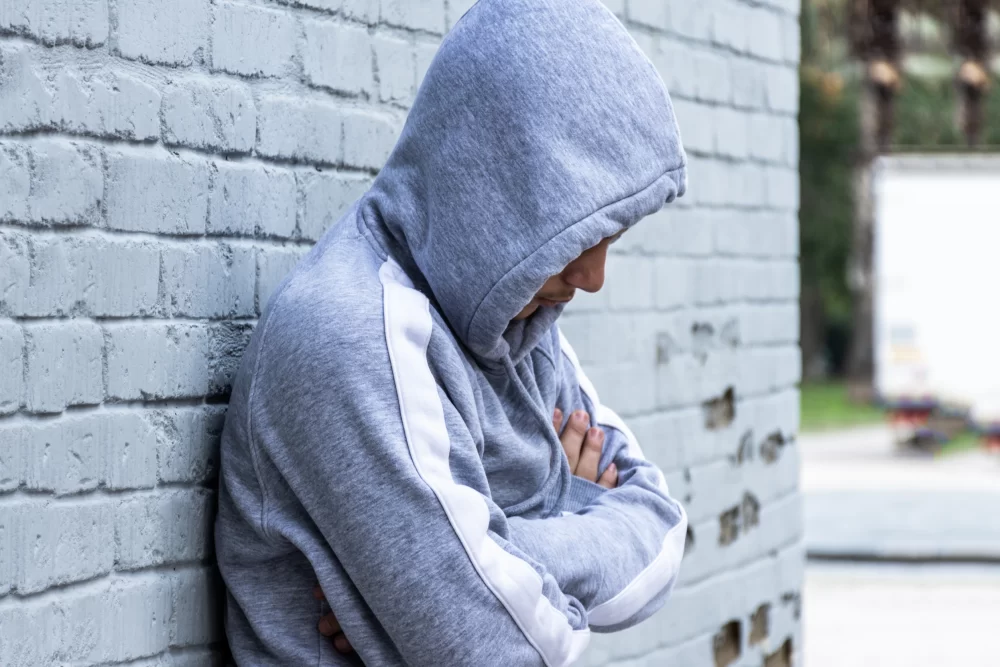
The presence of unfamiliar people loitering around neighborhood streets, especially at unusual times, can be a sign of potential scouting by criminals. While it’s normal for visitors to come and go, people consistently hanging around without clear purpose can be a concern.
Action: If you see suspicious behavior, report it to local authorities and share this information with your neighbors. Awareness is key to prevention.
8. Local Businesses Closing Down
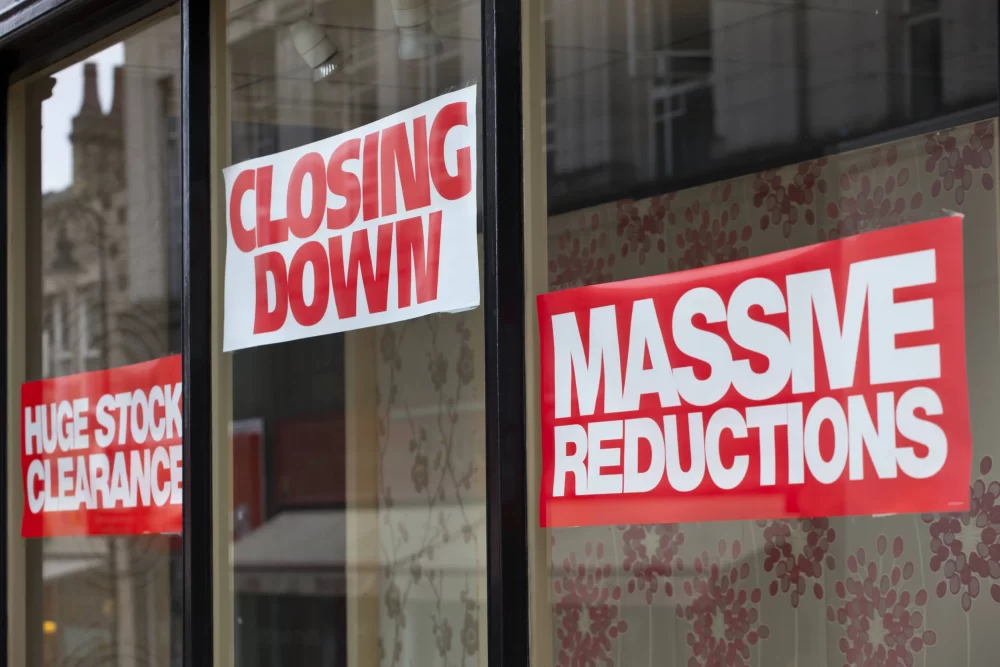
The closure of local businesses can lead to economic decline, which in turn can attract crime due to a lack of activity and oversight in these areas.
Action: Support local businesses and engage in community revitalization efforts. Active, bustling streets are less likely to experience crime.
9. Lack of Community Engagement

When community events are poorly attended or neighborhood groups stop being active, it can signal a lack of cohesion and concern among residents, making it easier for crime to take root.
Action: Participate in or organize community events. Engagement can strengthen community bonds and deter criminal activities.
10. Increase in For Sale Signs
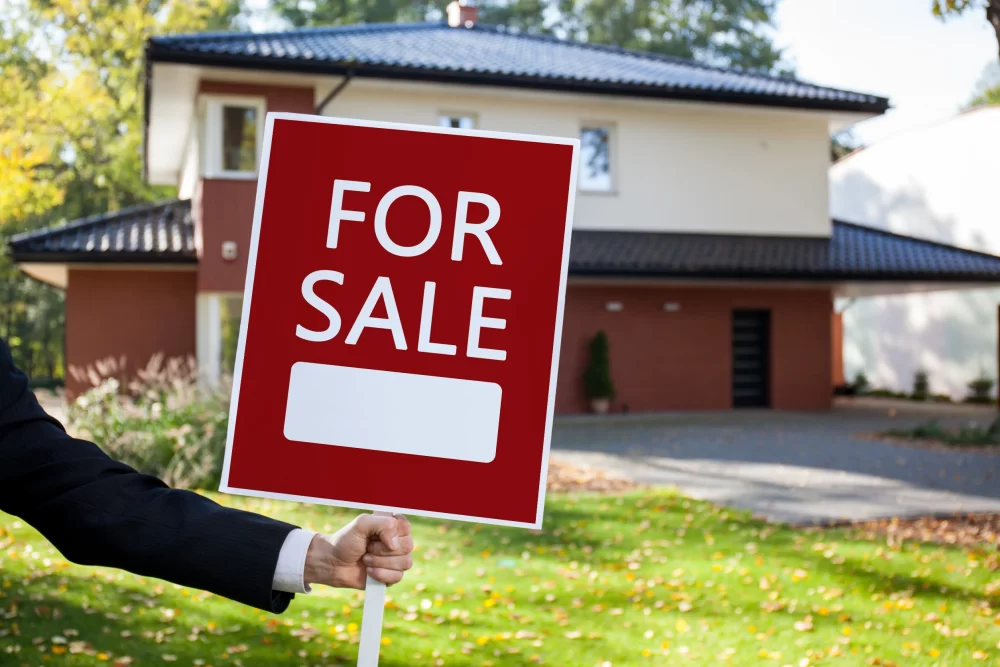
A sudden increase in homes for sale can indicate that residents feel unsafe or unhappy about the direction their neighborhood is taking.
Action: Communicate with neighbors considering moving away to understand their reasons. Addressing these concerns collectively can often help stabilize the neighborhood.
11. Testimonials of Frequent Incidents

Hearing directly from neighbors about theft, break-ins, or other crimes can obviously indicate a security issue in your neighborhood.
Action: Form or join a neighborhood watch program. Collaborative vigilance can effectively deter potential criminals and improve overall safety.
Recognize The Signs

Recognizing the signs of potential crime is the first step toward safeguarding your community. By staying vigilant and working together, neighborhoods can not only prevent crime but also foster a stronger, more connected community. Stay engaged, communicate openly, and take proactive steps to ensure your neighborhood remains a safe place for everyone.
Read the full article here
















